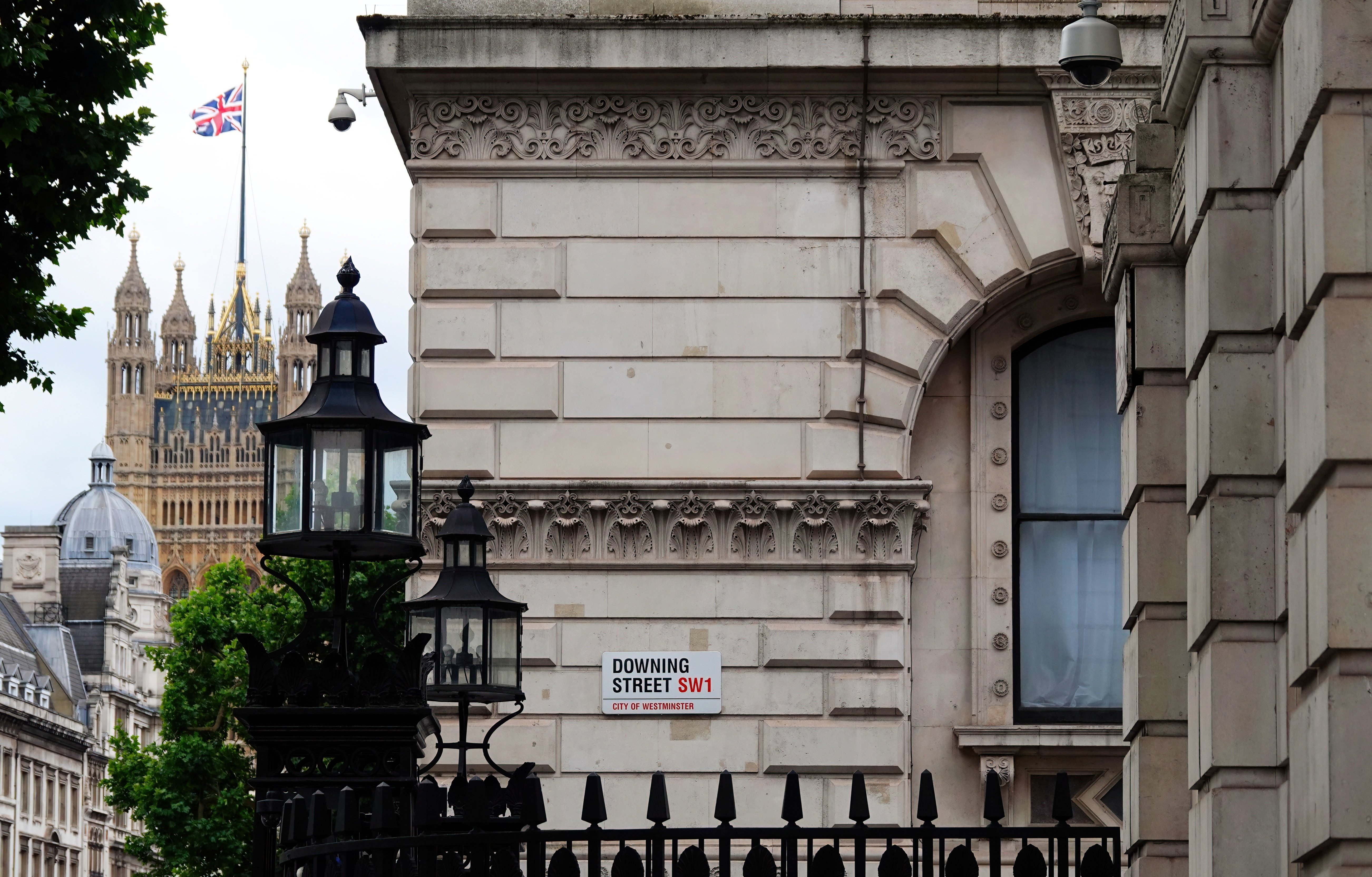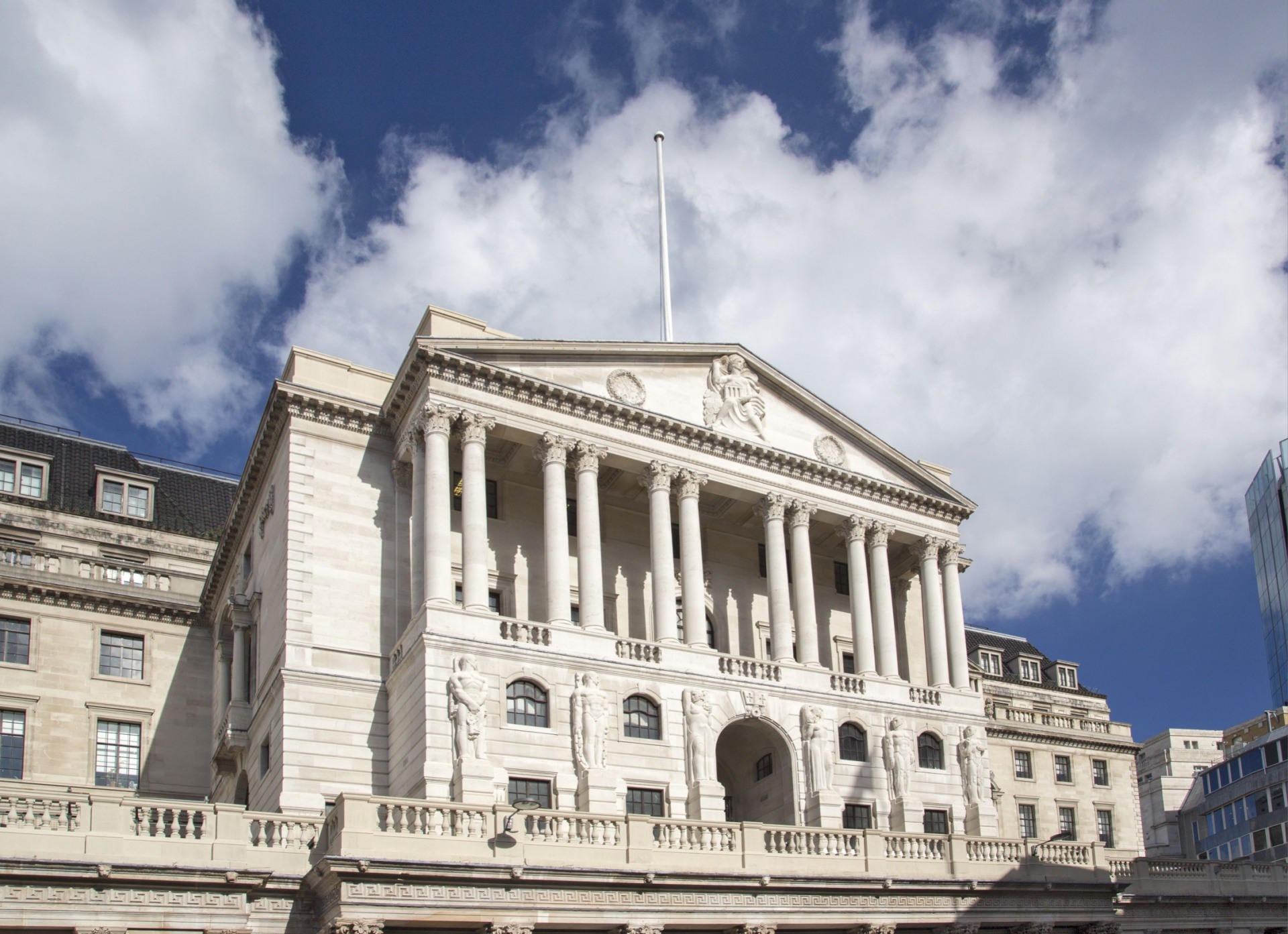Weekly Briefing: UK Budget Speculation, Tax Hike Concerns, Economic Risks, And Capital Gains Tax Impact
In this week’s briefing, we provide timely insights across key investor areas, including taxation, property, private equity and the economy.
We examine warnings from UK business leaders regarding the potential economic risks of tax hikes in the upcoming Budget, expert predictions of a potential £84bn public finance deficit due to proposed tax increases, concerns over the competitiveness of the UK tax system if capital gains tax is raised, and the Federation of Small Businesses’ caution over potential changes to capital gains tax relief and the overall impact on UK entrepreneurship.
As these dynamics unfold, the stage is set for an intriguing October budget that could have far-reaching implications for high earners and investors alike.
UK Budget
Business leaders warn of economic risks as tax hike threatens UK competitiveness
- Business groups representing over 1,200 founders and investors have warned that proposed cuts to tax breaks for entrepreneurs could harm the economy. In a letter to Chancellor Rachel Reeves, organisations like Innovate Finance and The Entrepreneurs Network raised concerns about the potential removal of business asset disposal relief and inheritance tax exemptions on AIM shares.
- In addition to concerns from business groups, economic experts have cautioned that a significant tax hike could result in an £84bn ‘black hole’ in public finances. Analysis from the Growth Commission suggests that sharp increases in taxation could reduce GDP growth per capita by 8.8% by 2030, leaving individuals nearly £3,800 poorer and risking long-term economic stagnation.
- Similarly, research by the Tax Foundation has highlighted the potential damage to the UK’s competitiveness if capital gains tax (CGT) is raised. The UK’s tax regime is already ranked 30th out of 38 OECD countries, and further increases could weaken the country’s position even more, making it one of the least competitive tax environments among developed economies.
- In a related concern, the Federation of Small Businesses (FSB) has raised concerns over changes to CGT relief, warning that removing it could significantly increase tax burdens for entrepreneurs selling their businesses. This, they argue, would harm financial security for many small business owners and deter future entrepreneurial activity.
- Business groups have also urged the government to carefully consider any changes to tax policies that could discourage investment in early-stage companies. They argue that the current tax environment plays a critical role in attracting entrepreneurs to establish businesses in the UK, and any negative changes could drive them elsewhere.
- Douglas McWilliams from the Centre for Economics and Business Research summed up the concerns, stating: "Trying to run an economy on sharply higher taxes on business and capital is like trying to run a car on no oil."
UK Economy
Inflation falls to 3-year low, sparking speculation of further BoE rate cuts
- Data released by the Office of National Statistics shows that inflation has dropped to a 3-year-low of 1.7%, under the Bank of England’s (BoE) 2 per cent target, prompting the pound to fall and traders to increase bets on further rate cuts.
- In line with this drop, a Reuters survey of economists had forecast an annual rise in consumer prices of 1.9%, but the actual inflation rate was 0.2% lower. This marks a decrease from August's figure of 2.2%, with the decline largely attributed to reduced airfares and falling petrol prices, helping ease overall inflationary pressures.
- Additionally, the lower inflation figures are likely to offer a political advantage to Sir Keir Starmer's government, arriving just two weeks ahead of what is expected to be a difficult Budget announcement, anticipated to feature considerable tax hikes.
- Chancellor Rachel Reeves is said to be focused on addressing a £40bn shortfall, according to sources involved in the Budget planning. The surprising dip in inflation might offer the government more room to manoeuvre in its fiscal decisions as it aims to stabilise public finances.
- Following this, investors have raised their expectations that the BoE will implement a second interest rate cut at its November meeting, following the quarter-point reduction in August. Markets are also now anticipating a further rate cut in December.
- Isaac Stell, investment manager at Wealth Club, said: “With declining private sector wage growth, falling prices, and a Government focused on tax rises, an easing of the burden for the public will be welcome. Will the Bank play with a straight bat or will they look to go big and swing for the boundary? Today’s numbers suggest they could well do the latter.”
UK Property
UK property market sees surge in activity amid economic uncertainty and budget anticipation
- The UK property market has seen a significant increase in activity, despite the economic uncertainty and the forthcoming August budget. This change in activity follows the Bank of England’s decision to cut interest rates, leading to a 33% increase in property transactions compared to the previous year.
- In line with this, Rightmove’s house price index shows a 29% increase in agreed sales, alongside a 17% jump in enquiries to estate agents. The Office for National Statistics (otherwise known as ONS) has also reported a 2.8% rise in house prices, bringing the average property value to £239,000, with prices in London still the highest out of all regions.
- Tim Bannister from Rightmove highlighted the ongoing growth in market activity, with a 12% increase in the number of available homes compared to last year (2023). The supply is currently at the highest per estate agent since 2014, which is, in turn, fuelling demand from buyers.
- The influx of new property listings has given buyers more choice, allowing them to negotiate better deals with sellers, leading to an increase in average listing prices monthly. Timer Aboody of MT Finance noted that this rise in available homes has shifted the market in favour of buyers, allowing them to have more bargaining power.
- Chris Little, from Finova, commented that, while the market is still in gradual recovery, sub-5% mortgages are becoming increasingly popular. Although there is speculation about potential tax rises, many buyers are undeterred, looking to secure deals before any changes from the budget take effect.
- Despite concerns about the upcoming budget, Tim Bannister remains positive about the market's outlook for 2025, stating: "Despite a budget-shaped cloud on the horizon, the big picture still looks positive for the market heading into 2025. Market activity remains strong, despite affordability pressures on movers."
Private Equity
Rise in secondary sales: private equity investors exit ageing funds amid liquidity crunch
- Private equity investors are rapidly selling second-hand stakes in ageing funds in 2024, as pensions and endowments seek to exit unlisted investments amid a downturn in deal activity, which has reduced cash payouts.
- Based on this, Matt Swain from Houlihan Lokey predicts $150bn in secondary sales this year, a 25% increase from 2023, surpassing the previous record of $132bn in 2021. PJ Partners forecast $145bn in sales, with activity split between institutions offloading fund stakes and fund deals.
- The record-level high in secondary deals, where investors sell their private equity fund stakes to new investors or PE firms arrange sales of company stakes to new funds, highlights the ongoing struggles of the $4tn buyout industry, hit by rising interest rates and slower dealmaking. Private equity firms are holding onto unsold investments longer, with over $3tn in unsold assets, creating liquidity issues for investors.
- Due to this rise, secondary sales now account for 14% of private equity exits, compared to just 4-5% in 2019-2020. Optimism is growing in the private market, with buyers purchasing stakes at narrow discounts, supported by increased fundraising from specialist buyers.
- Additionally, sales of buyout fund stakes are now priced between 93-98% of a fund’s value, up from earlier discounts of 80 cents on the dollar. Large investors are using the strong market to exit underperforming funds, with specialist buyers raising record funds to capitalise on this trend.
- An executive at one large US pension fund said: “We have made many investments over the last 25 years in private equity and, unfortunately, a material proportion of them have not liquidated in an orderly fashion,” “And so we are taking the position that it might be time to get out of those positions through a secondary sale.”
Final Note
This week’s briefing has covered key developments in the UK property, UK economy, and private equity sectors as well as the growing speculations surrounding the UK Budget.
With the concerns of potential tax hikes and the removal of tax breaks, business leaders and experts have voiced their concerns about the implications of this for the UK. Furthermore, the proposed changes to CGT (capital gains tax) and entrepreneurial relief have sparked fears of weakened investment and incentives for small businesses.
As we look ahead, investors, entrepreneurs, and businesses are all bracing for significant shifts. The current developments in the UK finance and investment landscape alongside the forthcoming Budget are likely to have far-reaching implications, so investors should keep notified for further legislative changes.
%20(3)%20(2).jpg)








